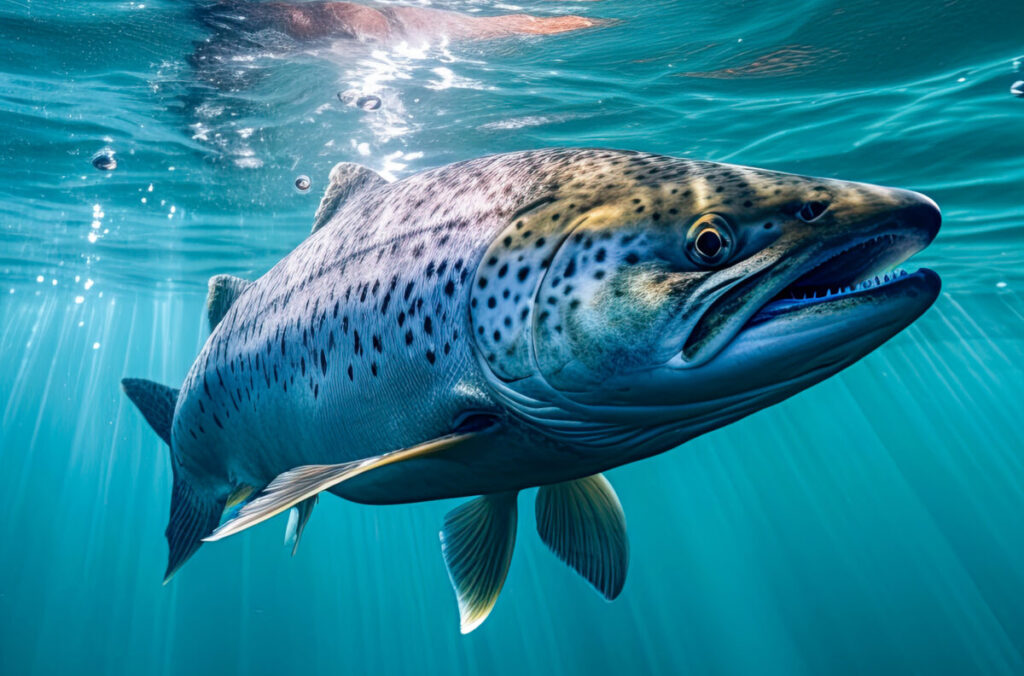Dysentery suspected at salmon facility

The Norwegian Veterinary Institute has disclosed that dysentery may have been found in one of the country’s fish farms.
If the suspicions are confirmed, it would be regarded as a serious development on top of a number of other biological issues affecting the salmon and trout sector.
The Institute says that dysentery is caused by Myxobolus cerebralis, a feared parasite of salmonids in a number of countries.
The Norwegian Food Safety Authority is routinely notified of the suspicion and releases from the cultivation facility have been stopped until further notice.
The Institute said it was in connection with investigations into the cause of so-called string fish that the suspicion of rotator cuff disease arose.
Banded fish is a deformity observed in hatchery fish both in cultivation facilities and in commercial hatcheries.
The term refers to affected fish apparently having a narrowing of the body in the area of the pelvic fin. Changed position of the pelvic fin and pigment changes can also be observed.
In the specific cultivation facility, the suspicion of rotator cuff disease arose because, among the rainbow trout, individuals were observed with shortened and dark-coloured tails – a typical finding for rotator cuff disease in rainbow trout.
During histopathological examinations, typical parasites were detected in the cartilage tissue in the salmon’s ribs, but not in the cartilage in the head and spinal column, as expected in the case of rotator cuff disease.
Occurrence of Myxobolus cerebralis in the ribs has previously been described from brown trout (Salmo trutta), but other related parasites have also been found in the ribs of other fish species.
The Veterinary Institute said it has carried out PCR investigations which very likely detected DNA from M. cerebrals. However, the method used has not been verified or validated by the Veterinary Institute.
Other histological changes are also seen in the affected fish. The Institute said it therefore does not ignore the fact that more factors than M. cerebralis can contribute to the development of banded fish.

